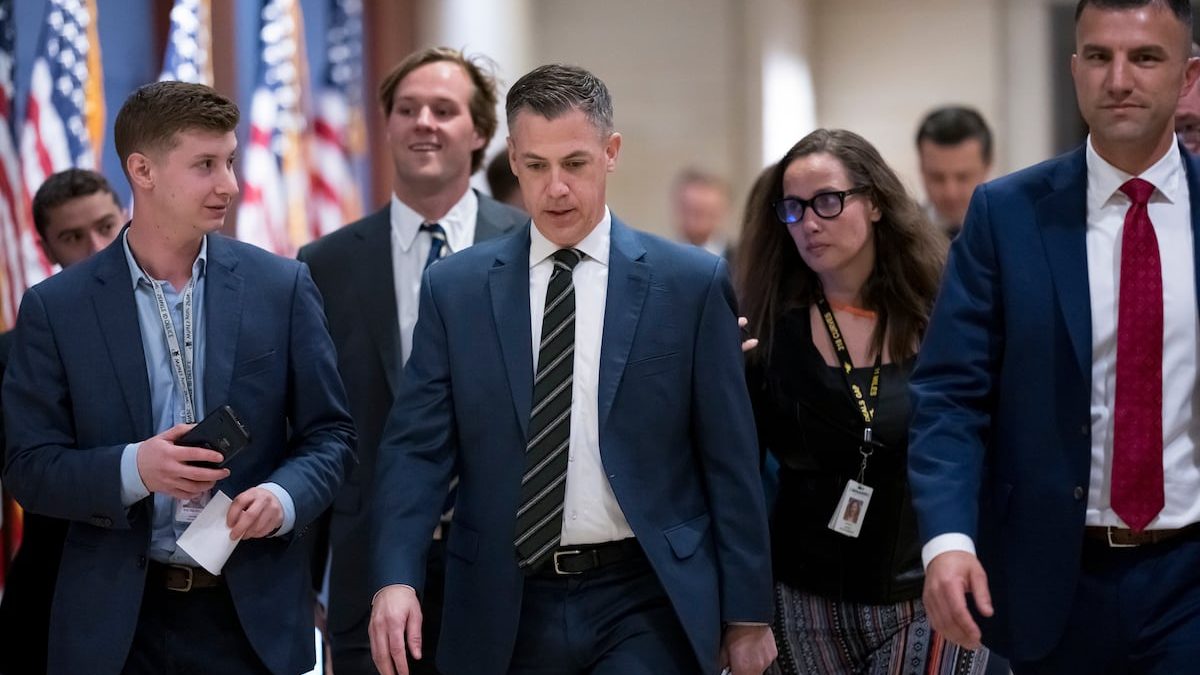When lawmakers convene the 119th Congress on Friday, the group will boast 100 military veterans among their members, the largest such caucus in eight years.
Sixteen new veterans will join 84 incumbent members of Congress with military experience, but that total will drop by two within days of the start of the new legislative term. That’s because two veteran members are headed to the executive branch in the next few weeks.
Ohio Republican Sen. JD Vance is set to leave his Senate seat to be sworn in as vice president on Jan. 20, and Florida Republican Rep. Mike Waltz has been tapped to be President-elect Donald Trump’s national security adviser.
RELATED
Still, even a one-person jump in the number of veterans in Congress is significant, because an increase in members with military backgrounds has only happened four times in the last 50 years.
Because of their backgrounds, veterans serving in the House and Senate are often seen as critical to discussions of military operations and veterans benefits. But the number of veterans in Congress has declined almost steadily since the mid-1970s, as the military shifted from an end strength of largely drafted individuals to an all-volunteer force.
In 1973, only one in every four members of Congress had never served in the military. In 2025, about one in every six members will be veterans.
Here’s a look at the incoming class, by the numbers:
- Nine women veterans will serve in Congress in 2025, the largest total in history.
- The group includes 28 Democrats and 72 Republicans.
- Congress will have 46 Army veterans, 25 Navy veterans, 16 Air Force veterans and 13 Marine Corps veterans.
- About one-third (31) began their military careers after January 2000. Twenty-one started before 1980.
- Twenty veterans will serve in the Senate, and 80 will serve in the House.
- Texas has the largest caucus of members with military experience (11), followed by Florida (9) and California (7).
Below is the full list of veterans elected to Congress last fall or returning to incumbent Senate seats that were not up for re-election this cycle:
Leo covers Congress, Veterans Affairs and the White House for Military Times. He has covered Washington, D.C. since 2004, focusing on military personnel and veterans policies. His work has earned numerous honors, including a 2009 Polk award, a 2010 National Headliner Award, the IAVA Leadership in Journalism award and the VFW News Media award.
Read the full article here


